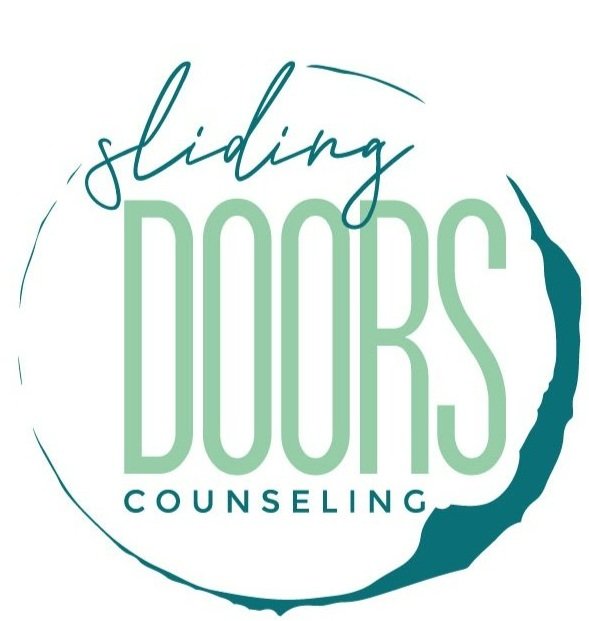Starting the Tough Talk: Understanding Suicide Prevention
September marks Suicide Awareness Month, a poignant reminder of a topic that demands our attention year-round. Having lost someone close to me due to suicide when I was very young, this subject holds a deeply personal significance. The experience profoundly influenced my perspective on mental health and underscored the pressing need for open dialogues.
The Personal Toll of Silence
Losing someone dear to suicide leaves an indelible mark on the heart. It underscores the urgency of vocalizing our concerns, fears, and support for those in distress, even if it feels out of character or sounds clichéd.
When “I’m Here for You” Makes All the Difference
Uttering the simple words, “I’m here for you,” can be transformative for someone grappling with suicidal thoughts. Recognizing their pain and providing a compassionate listening ear might just offer the lifeline they desperately seek.
The Silent Struggles of Isolation
People undergoing high-conflict divorces or feeling estranged from their families are particularly at risk. They often bear the weight of the belief that their problems are insurmountable and unique, intensifying their feelings of isolation and despair.
A Glimmer of Hope: Emergency Resources
Statistics from the CDC paint a grim picture of the increasing rates of suicide, emphasizing the urgent need for interventions. For those facing an immediate crisis, the recently instituted 988 emergency number provides a crucial lifeline. Additionally, organizations like The Trevor Project offer invaluable support for LGBTQ+ youth in crisis. For guidance on how to aid someone harboring suicidal thoughts, resources like Rethink Mental Illness are invaluable.
Choosing the Right Words
Language has power. In discussions about suicide, the words we choose can either perpetuate stigma or foster understanding. “Committed suicide” is now seen as outdated and harmful, with experts and leading publications advocating for “died by suicide” as a more compassionate alternative. Why? The term “commit” often alludes to crimes or sins, like committing a felony or committing adultery. This association can exacerbate the stigmatization that prevents people from seeking help. We should strive for empathy and clarity in our language, aligning with advice from experts like Dr. Sally Spencer-Thomas, who suggests using “died of suicide” or “suicide death.” By embracing this shift in language, we can pave the way for more compassionate and effective conversations around mental health.
Recognizing Suicide Warning Signs
A significant indicator that someone might be contemplating suicide is a noticeable change in behavior or the emergence of entirely new behaviors. This insight from the American Foundation for Suicide Prevention is vital for friends and family seeking to support their loved ones.
This Isn’t Easy, But It Is Worth It
Starting a conversation about suicide can be daunting, but it’s a necessity. My personal experience with a loved one’s suicide serves as a daily reminder of the importance of these discussions. Sliding Doors Counseling is dedicated to providing support for those in need. Remember, you’re not alone.
Immediate Crisis Assistance
Crisis Text Line: Text HOME to 741741. For Spanish-speaking assistance, text AYUDA.
Crisis Phone Numbers in Minnesota: Refer to the Adult mental health crisis response phone numbers by county and tribe.
National 988 Suicide and Crisis Lifeline: Dial 988.
For veterans or those concerned about one, press 1 for the Veteran Crisis Line.
The Trevor Project: Dedicated to LGBTQ+ youth in crisis. Call 866-488-7386.
Minnesota Farm & Rural Helpline: For support in farming and rural communities, call 833-600-2670.
Resources & Support on Suicide Awareness and Prevention
NAMI (National Alliance on Mental Illness): A comprehensive guide and support on suicide prevention and mental health resources. NAMI MN’s Suicide Prevention Page
Brighter Days Grief Center: A center dedicated to providing support and resources to those grieving a loss. Visit Here
Mental Health First Aid: A skills-based training course offering advice on assisting loved ones facing various mental health challenges, including suicidal ideation. More Info
The American Foundation for Suicide Prevention: With over 50 local chapters nationwide, they offer local support for both those considering suicide and their families. Find a Local Chapter
The Suicide Prevention Resource Center: This center provides valuable online courses and webinars on suicide prevention. Visit Site
SAVE (Suicide Awareness Voices of Education): A foundation offering resources for individuals who have survived a loss by suicide. Learn More
